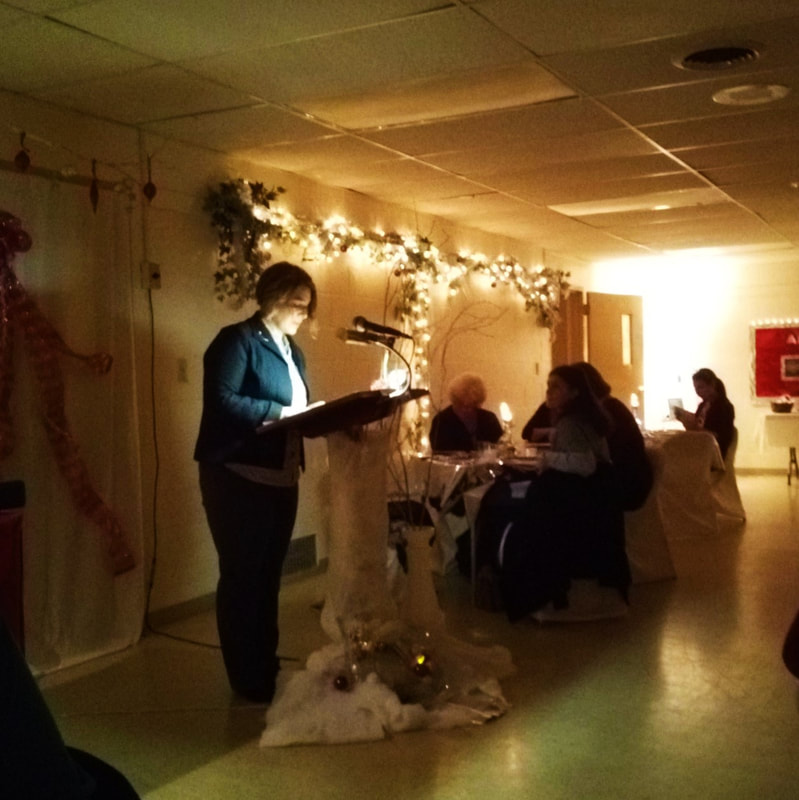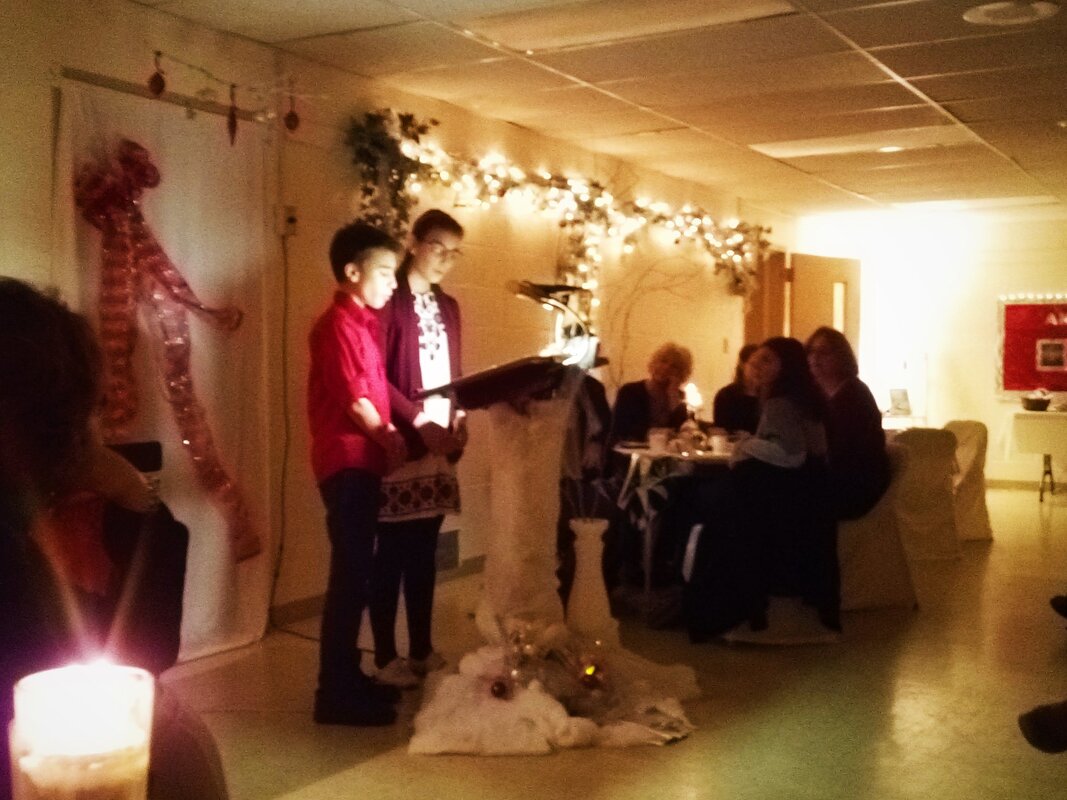|
The first enormity is that Caesar Augustus makes a decree that all the world is to be registered and taxed. All the world! And so it was. A conversation perhaps took place in Rome. “We need more money.” “How can we tax them more?” “Do we even know who there is to tax?” “Ok, let’s find out. Let’s order a universal census.” And so it happens. Inconveniently for Mary and Joseph. But that is the world on that night: the world of power goes about counting its money and paying its bills.
The second enormity was that there was no human habitation where a young woman could give birth to her first baby. Nobody let them in. Nobody apparently cared. Contrasting with the power of Caesar Augustus and the workaday world, is the powerlessness of Joseph. His wife had to give birth to the most unusually conceived child and the future king of Israel in circumstances that would have made any of us angry. How can people be so indifferent and selfish? They were being crunched by Rome, standing in line all day perhaps, exhausted from traveling, unready to help. Everybody had problems. The third enormity is that of the shepherds. These were not of the upper crust. What is the least likely place that you would think of today to send a troop of angels for the announcement of the world’s most important event and the most splendid worship service recorded on this planet? How about to a fast-food restaurant, where the employees are taking a smoke break in the back after closing and before getting down to the cleaning? There is something improbable about giving the message to the least likely people, but that is who these shepherds were. “To you is born this day in the City of David, a Savior.” In Rome, the geese were silent—not knowing an invasion had begun—and the crickets chirped. And that is the tale of three enormities. God comes in the night, the angels make no announcement to the distant powerful and mighty, with their braziers and mulled wine, but to those who slept under the stars, to the dispossessed. God works otherwise, God does otherwise, God is not coming to the palaces of Rome, so busy waiting for the world to be taxed. Do you wonder if the shepherds made the census? No matter if they did, who cares about that universal act of government bureaucracy which made the world unsettled and uncomfortable? The shepherds came to the manger, and that is what the story focuses on, because that is where what matters happened.
0 Comments
This is a link that will download an MP3 file.
The audio is a lecture that Carl Trueman delivered. This is what a church historian ought to be doing for us: evaluating, appreciating, and criticizing. You will learn about Whitefield, you will learn about the scholarship on Whitefield, and you will learn something about Whitefield's strengths and weaknesses. As the plagues advance, they get more catastrophic. When we reach the ninth plague however, the darkness, nothing really happens. There is just the unexpected darkness lasting three days.
What was that plague about? What exactly was that darkness? One way to go about trying to understand the darkness and its purposes would be to attempt a scientific explanation. Was it an eclipse? Was it a cloud? Was it dust? Was it a kind of mass blindness that afflicted everybody? The problem with all those hypotheses is that they can only remain speculative in the absence of any data. You can't experiment, there are no samples, all you have is a report of the occasion to try to mine for details, but there are no details really to be found. If you are looking for a scientific explanation, you have to go about it scientifically. The problem is that there is no way that you can. It was dark in Egypt and there was light in Israel. It is most like the cloud, the pillar of fire that lit the camp of Israel and kept the Egyptians at bay, once more in the dark, a few weeks or so later. So there is another similar phenomenon, but the problem is that that phenomenon is also hard to explain. The point is they are both deliberately hard to explain, since they are patently supernatural phenomena. You can't put them in a test tube, and it is probable that scientific apparatuses, had they been available, would have been incapable of registering those thing they are designed to register, since no scientific apparatus is designed to register anomalies of supernatural origin. Perhaps the photometers we would like to have mounted would have measured bright, sunny days to the astonishment of all. Maybe the video cameras would have registered nothing but darkness and the photometers only some weird, unusual ultraviolet radiation. Perhaps something altogether more unexpected. The point of something registering on ancient measuring devices as "the finger of God" is that it is supernatural. That is the whole point! It is not that their way of going about it was not scientific, though it was. It was accurate for all that it was primitive. Our question should be what is the point of this supernatural darkness God had for Egypt? It is the darkness of the stubborn and unbelieving heart that God put them in. It was an awful place to be, and it was a place with no measurable time. While it lasted, it was seemingly endless, and the more awful because nothing at all happened in that ominous eternity. It is the place where those who want nothing of God at all obtain all their heart's desire: and that is why it is utterly devoid of the least light: an absolute, palpable darkness of unending waiting for nothing to happen, like Waiting for Godot, only far less interesting and far more horrible. Because if you don't want God, then you positively want nothing of God. That desire, made consistent, is absolute nothing. God creates, God brings into existence, he says let there be light, he gives being, understanding, wisdom, knowledge, and therefore interestingness. God can take it all away, because it all depends on him, and those who do not want that which depends on and exists solely to manifest the being and glory of God--which is everything created--want nothing, want darkness, and have exactly that in the place of their deepest desiring, in their heart. Which is what God gave a taste of to Egypt as he dealt with them, right before he brought the horrible last plague. God did it as a warning of doom, of how bad resisting him could be. He told them something that C. S. Lewis also expressed something like this: Those who will not say to God, 'Thy will be done,' will hear him say to them, 'Very well, then let thy will be done.' And that is eternal condemnation, hell, torment, and eternal outer darkness. |
AuthorVarious Archives
August 2023
Categories
All
|






 RSS Feed
RSS Feed